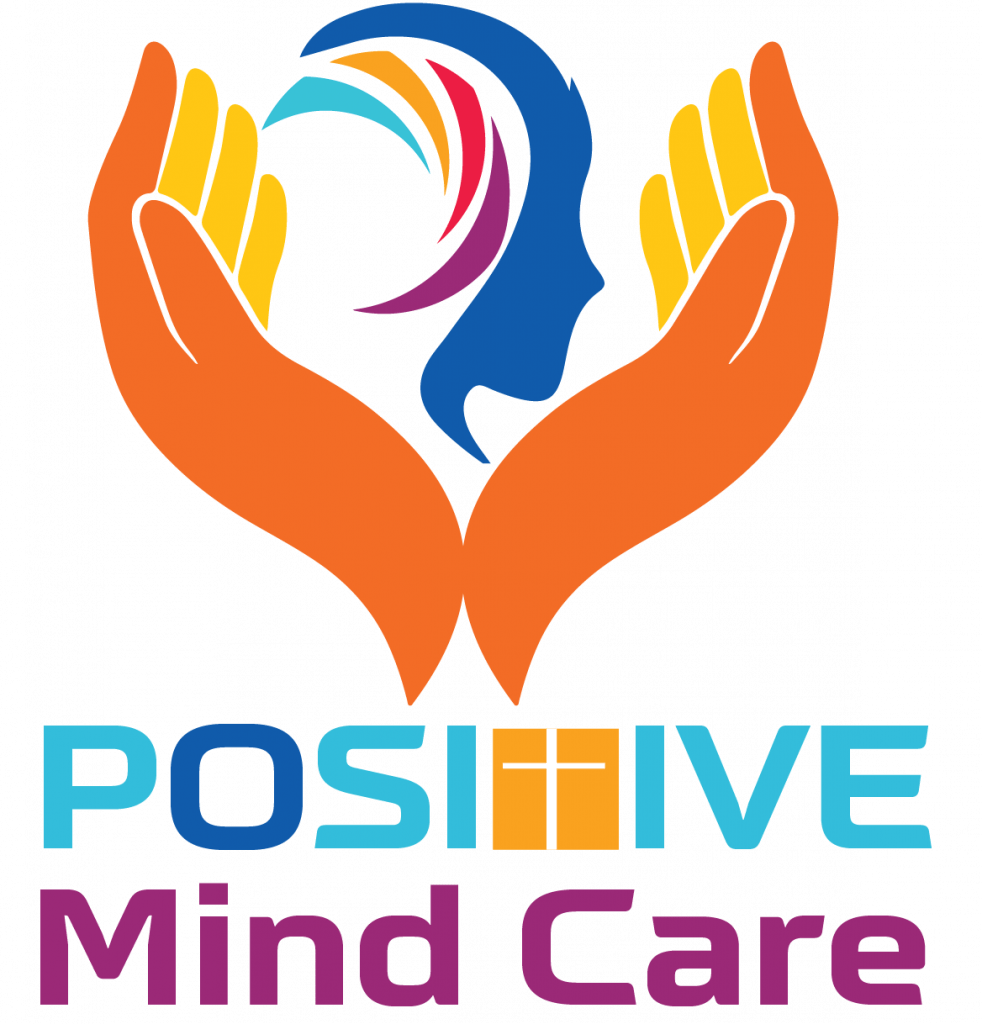Welcome to the Positive Mind Care and Research Centre, a sanctuary dedicated to mental wellness. In this blog, we delve into the intricate world of stereotyping, exploring how labels can shape our perceptions and affect mental health. Stereotyping is a pervasive cognitive process that influences the way we view and interact with others. We will delve into the psychology behind stereotyping, its consequences, and discuss the potential role of Deep Transcranial Magnetic Stimulation (Deep TMS) therapy in addressing the emotional impacts of stereotypes.
Positive Mind Care is a main emotional well-being focus in Gurugram that offers an extensive scope of administrations to address different emotional well-being conditions. Deep Transcranial Magnetic Stimulation (Deep TMS) is a revolutionary treatment offered by Positive Mind Care, a renowned Gurugram mental health centre. In this article, we investigate the groundbreaking impacts of Profound TMS treatment and why Positive Mind Care is the best objective for those looking for successful gloom treatment in Gurugram.
Defining Stereotypes
Stereotypes are simplified, generalised beliefs or assumptions about a particular group of people based on their perceived characteristics, such as age, race, gender, religion, or nationality. While stereotypes may sometimes be based on partial truths or observations, they often oversimplify complex and diverse realities.
Stereotypes can take various forms, including cultural stereotypes, gender stereotypes, and racial stereotypes, among others. They influence the way we perceive, judge, and interact with individuals who belong to the stereotyped group.
The Cognitive Mechanism Behind Stereotyping
Stereotyping is a natural cognitive process that the brain employs to simplify the complexities of the world around us. It serves as a mental shortcut that allows us to quickly categorise and make sense of the multitude of information and experiences we encounter daily.
Cognitive mechanisms that underlie stereotyping include:
Categorization: The brain automatically sorts people into categories based on visible or assumed characteristics. This simplification helps us navigate a complex social world efficiently.
Confirmation Bias: Once a stereotype is activated, we tend to selectively perceive information that confirms our preconceived beliefs, reinforcing the stereotype.
In-Group Favouritism: We often view members of our own group more positively (in-group bias) while attributing negative characteristics to those from different groups (out-group bias).
Implicit Associations: Stereotypes can become deeply ingrained in our subconscious through implicit associations, influencing our attitudes and behaviours without our awareness.
The Impact of Stereotyping on Mental Health
Stereotyping can have profound consequences on mental health, affecting both the individuals being stereotyped and those harbouring the stereotypes:
Self-Esteem: Individuals who are the targets of stereotypes may experience lowered self-esteem and self-worth as they internalise negative perceptions of their group.
Stress and Anxiety: The constant awareness of being judged based on stereotypes can lead to heightened stress and anxiety, potentially resulting in chronic stress-related conditions.
Depression: Chronic exposure to stereotypes and discrimination can contribute to the development of depression, particularly among marginalised groups.
Identity and Belonging: Stereotypes can affect one’s sense of identity and belonging, leading to feelings of isolation and alienation.
Impaired Social Interactions: Stereotypes can hinder positive social interactions by creating biases and negative expectations, leading to misunderstandings and conflict.



